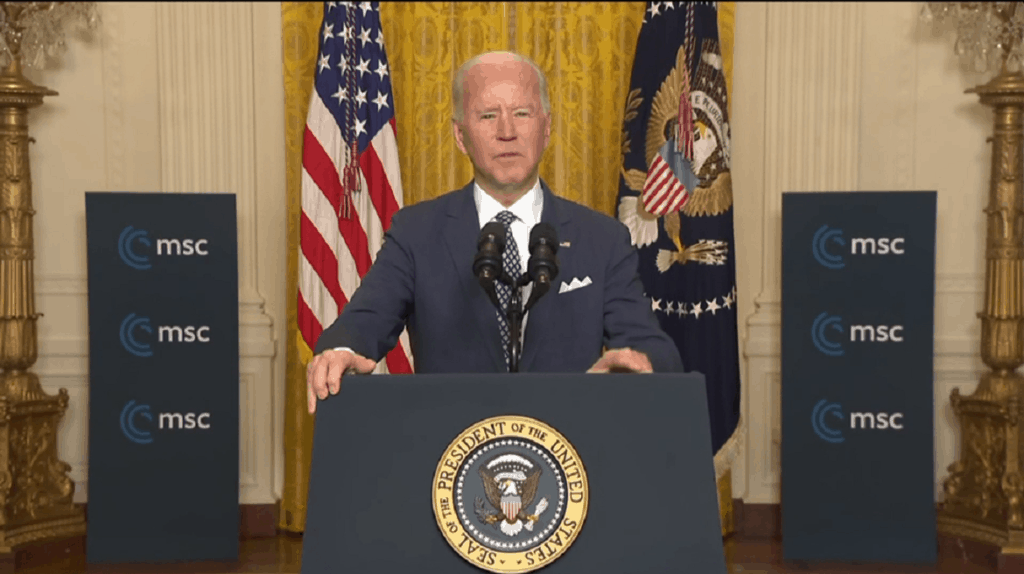By Prof. Engr. Zamir Ahmed Awan
US President Joe Biden probably used his first multilateral presences since taking office to rally support from allies to contain China, confront China, and resist the peaceful rise of China, but failed, as cooperation with China is inevitable for Europe to tackle the COVID-19 pandemic and other challenges and to use “ideology” to glue the alliance together is losing its attraction.

China has emerged as the largest trading partner to the EU, especially with major countries in Europe. The strength of Chinese economies and the potential of cooperation have left no option for them except cooperate with China. Today, China is the only country, who is in a position to invest in the EU and support its ailing economy. EU understands it very well and could not undermine it. Whereas the rapidly slipping down American economy may surviving longer and may not be in a position to extend any support to any other country, region, or global economy.
In a speech to the virtual G7 summit, Biden emphasized the need for the US and allies to deal with China’s economic threats collectively. At the Munich Security Conference, Biden said, “We must prepare together for long-term strategic competition with China,” and vowed to restart multilateralism after four years of “America first” policies. “I know the past few years have strained and tested our transatlantic relationship, but the United States is determined – determined – to re-engage with Europe, to consult with you, to earn back our position of trusted leadership,” he said. He told the virtual online audience: “America is back.” However, Biden’s calls did not gain much traction among US allies in Europe. That was obvious in a joint statement following the G7 meeting, which focused on tackling the real challenges stemming from the COVID-19 pandemic and economic recovery and noticeably only mentioned China once – in favorable terms.
“To support a fair and communally beneficial global economic system for all people, we will engage with others, especially G20 countries including hefty economies such as China,” the statement reads.
In fact, the EU is well aware of ground realities and understands American limitations. EU has a good understanding of Chinese potential and can look after their own interests.
The leaders did say that they would consult with each other on shared approaches to address non-market-oriented policies and practices. Some foreign media houses claimed to be a reference to China. While the statement did not directly expose a pushback from allies against Biden’s attempt to pit Europe against China, European leaders’ speeches were markedly straightforward in their disinterest in a confrontation. German Chancellor Angela Merkel called for a collective approach toward dealing with China, but she also noted that trans-Atlantic nations’ interests don’t always line up.
President Joe Bidden was the architect of Anti-China policies in the previous American Administration and part of teams formulating anti-China sentiments. He might be a polite and well-mannered person with good knowledge of diplomatic etiquettes, but his mindset is precisely the same as the cold war era and anti-China campaign.
The EU has suffered a lot during the Cold War and may not be willing to revert back into a new cold-war. President JoeBidden has been campaigning a new cold-war against China and trying to form alliances. But it seems they changed geopolitics and may not be supporting him anymore. He may fail in seeking any support from the EU against China.
Author: Prof. Engr. Zamir Ahmed Awan, Sinologist (ex-Diplomat), Editor, Analyst, Non-Resident Fellow of CCG (Center for China and Globalization), National University of Sciences and Technology (NUST), Islamabad, Pakistan.
(The views expressed in this article belong only to the author and do not necessarily reflect the editorial policy or views of World Geostrategic Insights).







